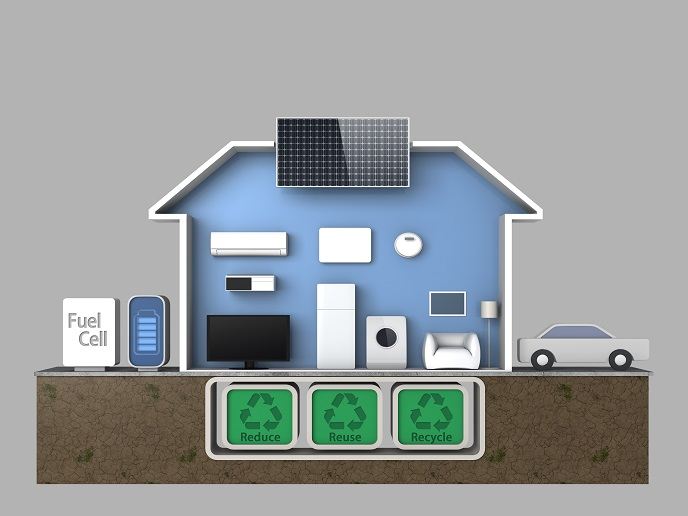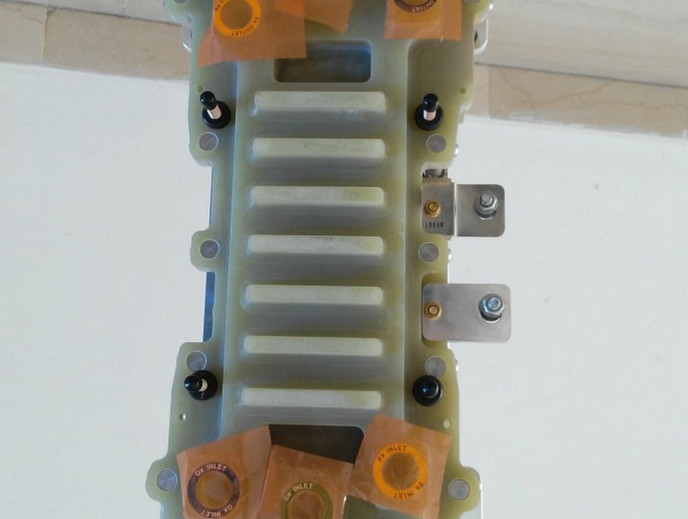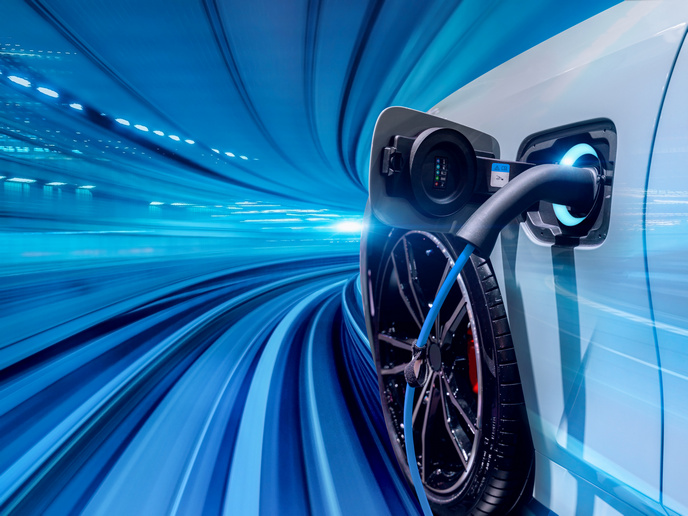Low-cost fuel cells for small-scale heat and power
In its Strategic Energy Technology (SET) Plan, the EU identified the need to bring to mass market more efficient energy conversion and end-use devices and systems in buildings, transport and industry, such as poly-generation and fuel cells. The EURECA(opens in new window) (Efficient use of resources in energy converting applications) project helped develop micro-CHP systems based on advanced polymer electrolyte membrane fuel cells. Within the project period, excellent progress was made on all fronts. Scientists optimised membrane materials and bipolar plates for use in fuel cells working at a temperature range of 90 to 120 °C. To decrease fuel cell costs, the team reduced the necessary platinum load that fulfils the catalytic reaction, targeting loadings lower than 0.2 gr/KW. After optimisation work of the stack design and the flow field of the bipolar plates for medium temperatures, the team integrated the fuel cells into a micro-CHP. Modelling activities supported experimental work. Electrical efficiencies of 40 % were reported. The proof-of-concept micro-CHP performed well under tests, indicating a lifetime of around 12 000 hours. EURECA worked on improving the economic viability of the micro-CHP technology. Due to the high electrical efficiencies, fuel cells are well suited to micro-CHP. In addition, use of fuel cells for burning fuel overcomes challenges associated with gas purification and humidification encountered when using heat exchangers instead.







